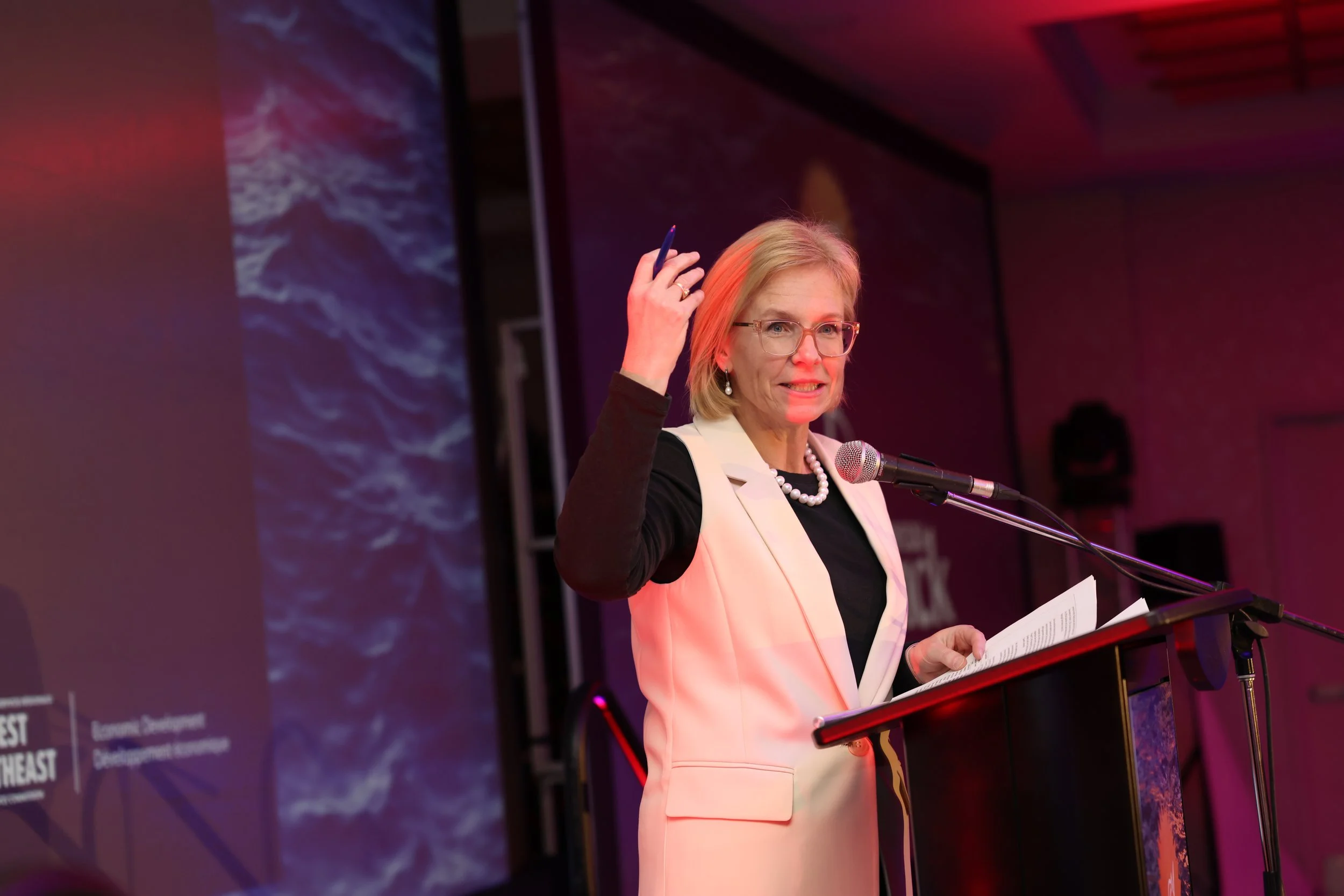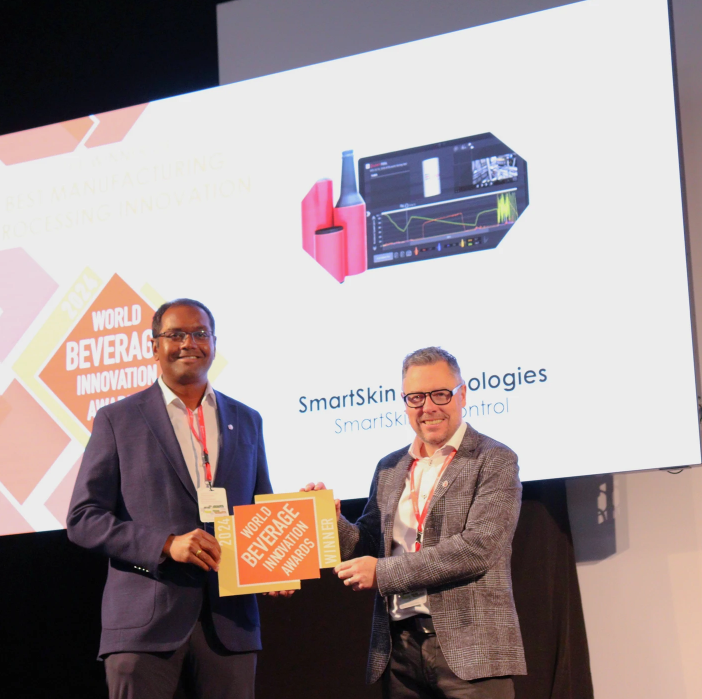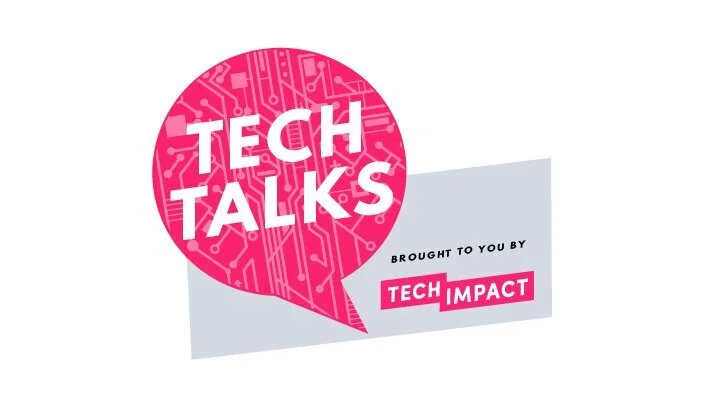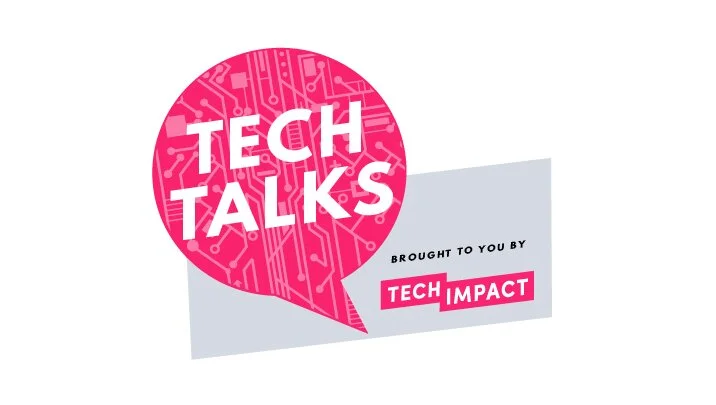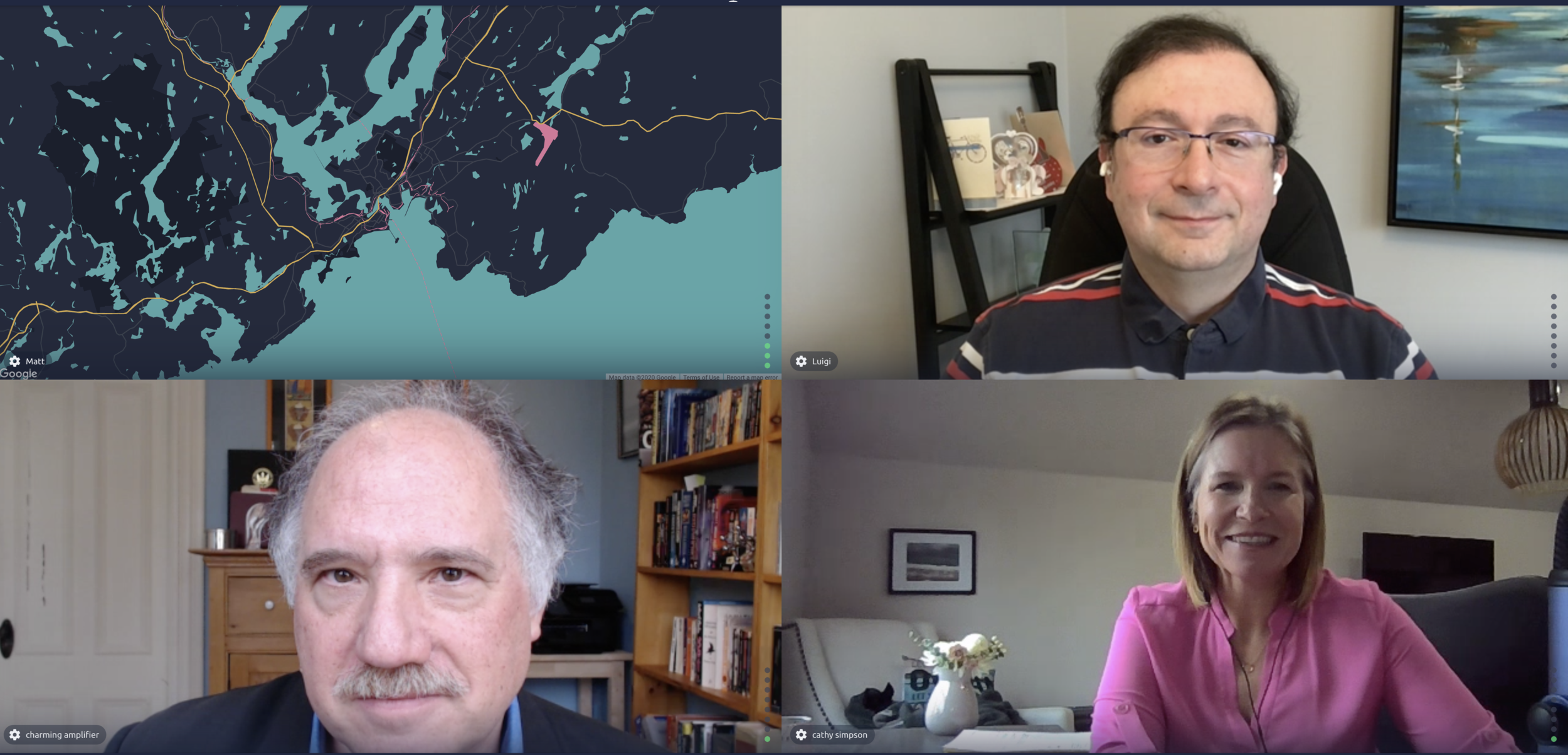For this week’s podcast post, I’m switching things up from my usual recap and show notes.
I was so thrilled to talk to two amazing newcomer women who are building tech careers and new lives here in New Brunswick, that I wanted to share THEIR stories, and celebrate the winding, at times difficult, paths they took to arrive here.
Get ready to be INSPIRED.
Driven to pursue and share knowledge
with Shaimaa Abbas
Shaimaa Abbas remembers how, as a girl growing up in Egypt, she’d hear people say that technical fields like engineering or IT were only for men, and how these comments made her feel disappointed and “less clever.”
“I found this in my childhood, not from my parents but from other people,” says Shaimaa, a senior programmer analyst with the Government of New Brunswick, where she’s part of the Digital Transformation Team that is exploring how new technology can improve government service delivery.
“We don't need to discourage people who may already love this field to step back and say, ‘I'm not enough for that.’”
A mother to two young girls, she lets her daughters know the range of opportunities open to them.
“I am just highlighting, I'm not forcing them to choose,” she says.
Shaimaa shares with me the story of her winding path from Egypt to Fredericton, with detours to the Middle East and Toronto, on this week’s episode of the Tech Talks Podcast, which was on the theme of newcomer women in tech.
Shaimaa found her career path through her university’s management information system program, which blends business and technology.
“I didn't know anything before about computer science, or software engineering, but when I entered this department I really liked it,” she says. “It introduced a lot of interesting things for me.”
In the class of 50 or so, she was one of only 4 or 5 women, but she wasn't deterred, going on to take graduate studies in computer science and software engineering.
After graduation, she was offered a role at a startup that needed an iOS developer.
“I didn't know anything about iOS, but he told me, ‘if you'd like to learn, you will be good at this job.’ So I accepted.”
Learning is a constant theme in Shaimaa’s life, both in terms of skill-building, and in her openness to new places and possibilities.
When she married, she and her husband moved across the Middle East for his work, while she struggled to land full-time work.
“There was a mentality like, OK, you are a new bride. You will take a lot of vacations; you will not be concentrating too much on working. Maybe you will have leaves; you will have kids,” she says.
Well, they were right and wrong, she says.
She did become a mother a year into her marriage. But her career ambitions didn’t disappear. Frustrated, she left her husband and daughter temporarily to return to Egypt for work.
“So I started a successful professional life, but I lost my personal life,'' she says. “It was a crazy two years for us.”
Her next move was to Toronto, to study health informatics at George Brown College.
Again, it meant leaving part of the family–this time their two young daughters–back in Egypt with their grandparents for a year. The girls joined them when they moved to New Brunswick.
They came through the Atlantic immigration Pilot Program and Shaimaa supports initiatives that make it easier for companies to hire newcomers.
“I got my permanent residency with my job because I got hired by the government,” she says, but startups and other companies may not be able to sponsor someone, a lost opportunity to attract more newcomers.
“If they find their dream here, they will not leave,” she says. “I found it here. I won't leave, I’ve got my permanent house here.”
Since arriving in 2018, Shaimaa has been busy making things happen, and creating opportunities, including founding the Fredericton chapter of the Google Developers Group, which she had been part of in the UAE, Dubai, Egypt and Toronto. She is also an ambassador for Women Techmakers and a mentor for a new initiative called Technovation Girls.
“If I see someone succeed because of me, this is the most happiness in my life,” Shaimaa says. “If someone ...finds her passion because of my help, this will be the most for me. This is one of my hopes for 2021.”
Shaimaa and I were featured in this Atlantic Business Magazine back in March Meet 15 Atlantic Canadian women in tech | Atlantic Business Magazine. Check this out and the amazing women featured throughout all of Atlantic Canada.
Hashtags: #innovation #techimpact #techtalks #newcomers #womenintech
Don't Miss an Episode.
Do you subscribe to the TechTalks With Cathy Simpson Podcast? If not, please do. Every week, my guests and I cover many different topics around innovation, technology and the future. Click here to listen and subscribe in iTunes. You'll find us on Spotify, Apple Podcasts, Google Podcasts, PodLink and everywhere else you enjoy podcasts.
And sign up for our newsletter to never miss an update.



